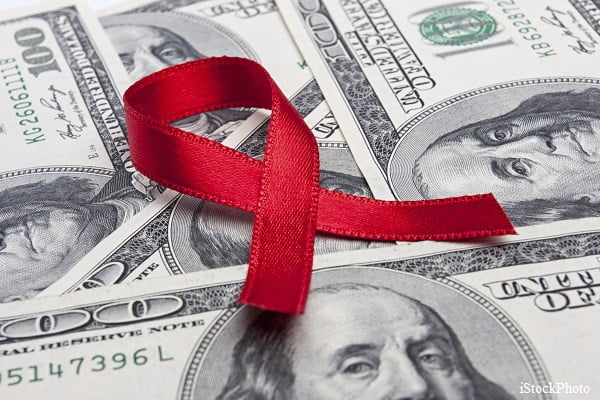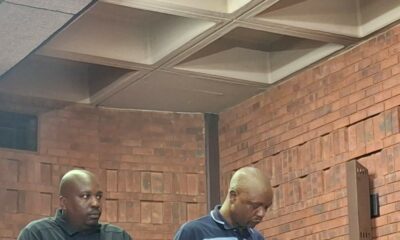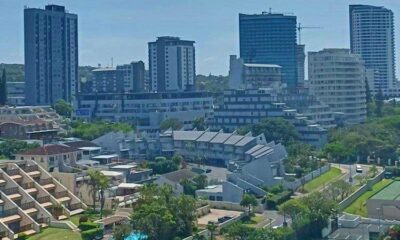News
South Africa Scrambles for HIV Funding as U.S. Cuts Deepen Health Crisis

South Africa is facing increasing pressure to stabilize its HIV/AIDS programs following a sharp reduction in U.S. government funding. While Health Minister Aaron Motsoaledi has dismissed the crisis narrative, public health experts and civil society groups say the warning signs are real—and mounting.
Until recently, the U.S. President’s Emergency Plan for AIDS Relief (PEPFAR) covered roughly 17% of South Africa’s HIV response. But under the Trump administration, funding was slashed in response to political tensions, including South Africa’s controversial Expropriation Without Compensation Act, which soured relations with Washington.
The impact of these cuts is now being felt. HIV viral load testing has reportedly dropped significantly. According to Reuters, around 8,000 healthcare workers lost their jobs after PEPFAR funding ended, affecting HIV testing, treatment, and prevention services across the country.
Despite this, Health Minister Motsoaledi insists there is no cause for alarm.
“If the tests have gone down… we will try to correct it, but we do not think it is a train smash,” he said at a press briefing.
He did acknowledge, however, that there is currently no concrete plan for rehiring the thousands of displaced healthcare workers. “I’m not going to stand here in front of you and claim that we have got any plan for the 8,000 people beyond just speaking to funders and our own Treasury,” Motsoaledi admitted.
This uncertainty has triggered national backlash. Activists from the Health Justice Initiative and other advocacy groups disrupted a recent parliamentary session in Cape Town, demanding urgent government action.
“The health minister is in denial,” said Fatima Hassan, founder of the Health Justice Initiative. “Once again, South Africa will have to deal with the harmful public health consequences of not just the Trump administration, but also our own government’s failure to plan adequately for months.”
South Africa, home to the world’s largest HIV epidemic, has made considerable strides over the past two decades. Antiretroviral therapy access expanded. New infections dropped. But the country still carries a heavy burden: nearly one in five adults is living with HIV.
Public health analysts fear that the gains made in fighting the epidemic could now be undone. The U.S. funding cut has opened a hole in the country’s HIV budget, and so far, neither domestic funding sources nor international partners have stepped in to fill the gap.
The political tension behind the funding freeze goes deeper. Trump administration officials tied the aid suspension to what they viewed as anti-white policies in South Africa, particularly toward Afrikaner landowners. Critics argue that humanitarian aid should not be weaponized in response to political grievances.
As the crisis grows, pressure is mounting on South African leaders to find alternative funding sources—and fast.
South Africa’s HIV battle has always been a global concern. With U.S. financial support now in retreat, the country must navigate a new chapter—one that demands urgent domestic investment, policy clarity, and political will to prevent a return to the darkest days of the epidemic.
SA’s HIV Response Still Strong Despite R7.9 Billion Funding Loss
{Source: Business Insider Africa}
Follow Joburg ETC on Facebook, Twitter , TikTok and Instagram
For more News in Johannesburg, visit joburgetc.com



























